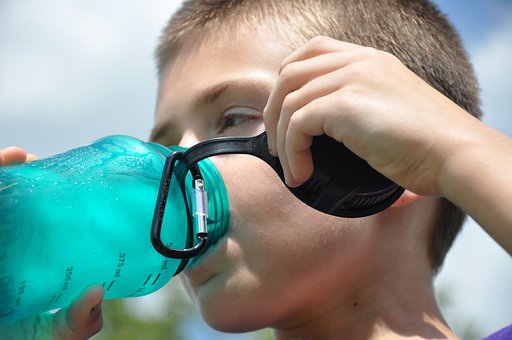The Importance of Hydration
The Importance of Hydration

The Importance of Hydration
Hydration is a crucial aspect of maintaining good health and well-being. The human body is composed of up to 60% water, and it requires a steady supply of fluids to perform essential functions such as:
- Regulating body temperature
- Flushing out waste products
- Lubricating joints.
Frequently Asked Questions (FAQs) on Hydration
What happens when the body is dehydrated?
When dehydrated, our bodies struggle to perform the above functions, leading to unpleasant symptoms. These can include headaches, fatigue, dry mouth, and muscle cramps. In severe cases, dehydration can lead to organ failure or heat stroke.
How much water should we drink daily?
The commonly cited recommendation is to aim for around 8 cups of water per day or 2 liters. However, this number can vary depending on various factors such as age, weight, activity level, and climate.
How do I know I am hydrated?
One way to monitor hydration levels is to pay attention to the color of your urine. Pale yellow or clear urine indicates adequate hydration, while dark yellow or amber-colored urine may indicate that you need more fluids.
While water is the best choice for staying hydrated, other sources of fluids can contribute to your daily intake. These can include juice, milk, herbal tea, and some fruits and vegetables like watermelon and cucumber.
Is drinking too much water harmful?
While hydration is essential, on the other hand, you need to be mindful of the timing of your fluid intake. Too much water too quickly can be harmful, leading to hyponatremia, which occurs when the body's electrolyte balance is disrupted. To avoid this, it's best to sip fluids throughout the day rather than trying to chug a large amount at once.
Is hydration necessary for everybody?
Proper hydration becomes even more critical for athletes or those in strenuous physical activity. Sweating can cause the body to lose fluids and electrolytes, leading to dehydration and decreased performance. Drinking fluids before, during, and after exercise is recommended to maintain adequate hydration.
What is the benefit of hydration?
It's worth noting that staying hydrated can have additional benefits beyond just avoiding dehydration. Adequate hydration has been linked to improved cognitive function, better digestion, and even clearer skin. You can support overall health and well-being by prioritizing hydration as a key aspect of your daily routine.
In summary, hydration is essential to maintaining good health and well-being. By paying attention to fluid intake, monitoring the color of urine, and being mindful of the timing of fluid consumption, you can help ensure that your body is getting the fluids it needs to perform at its best. Whether you're an athlete or want to improve your overall health, staying hydrated should be a top priority.
